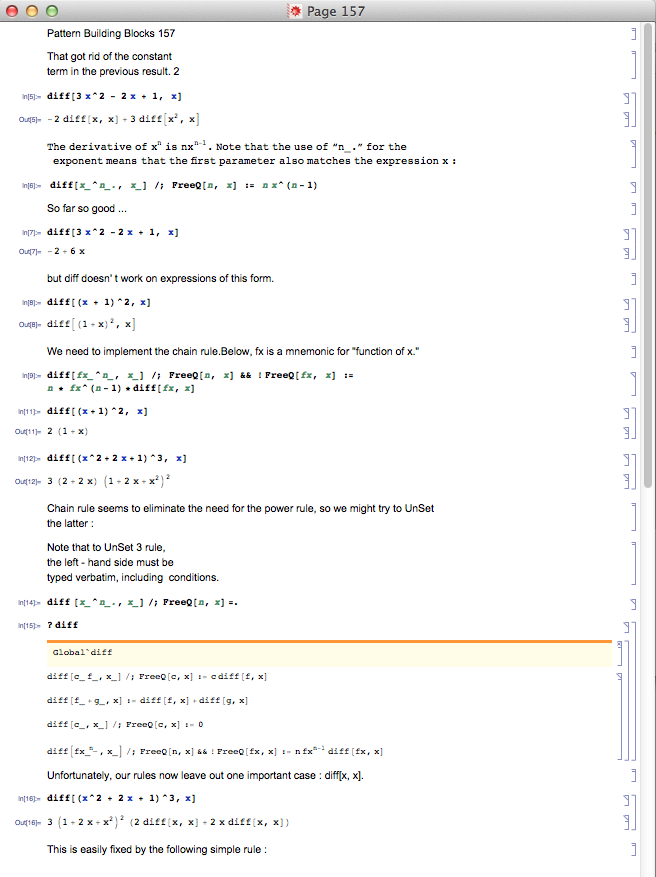I recently contacted McGraw-Hill to see if they have a mechanism in place for printing out-of-print books that are still of interest. Specifically, I asked about "Power programming with Mathematica" by David Wagner, as I am personally interested in obtaining a copy, and suspect that others might also be interested.
Here is the literal response I received from McGraw-Hill:
Good morning Todd,
If there was a high enough demand for the book there is a possibility. If you can let me know how many you're looking for, and the name of the school or business you're with I can contact the editor and check to see if there's something that can be done.
McGraw-Hill Education
First, please don't get your hopes up, as nothing may come of this; however, I am committed to seeing this through if there is sufficient community support to get the publisher to make it available again, if only for a limited time.
If you would be interested in purchasing a copy of Wagner's text, please respond in the affirmative by making a comment to this question, such as "yes, I would like to purchase a copy." In this way, I can directly "show" our community's interest to the publisher.
At this time, I can't speak to cost, but it is clear that we need a "critical mass" to get the publisher's attention to make it worthwhile. Keep your fingers crossed and show your support!

